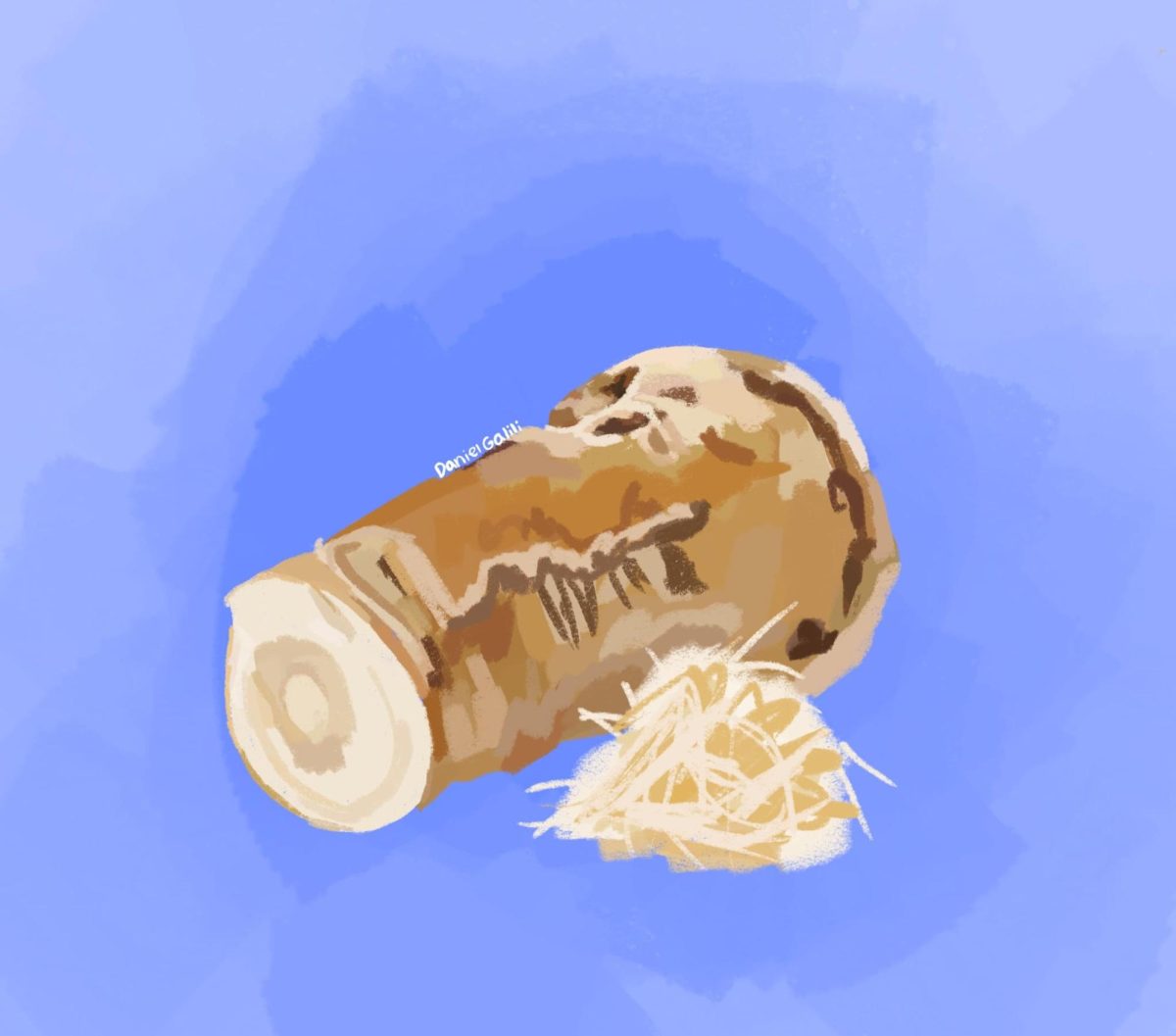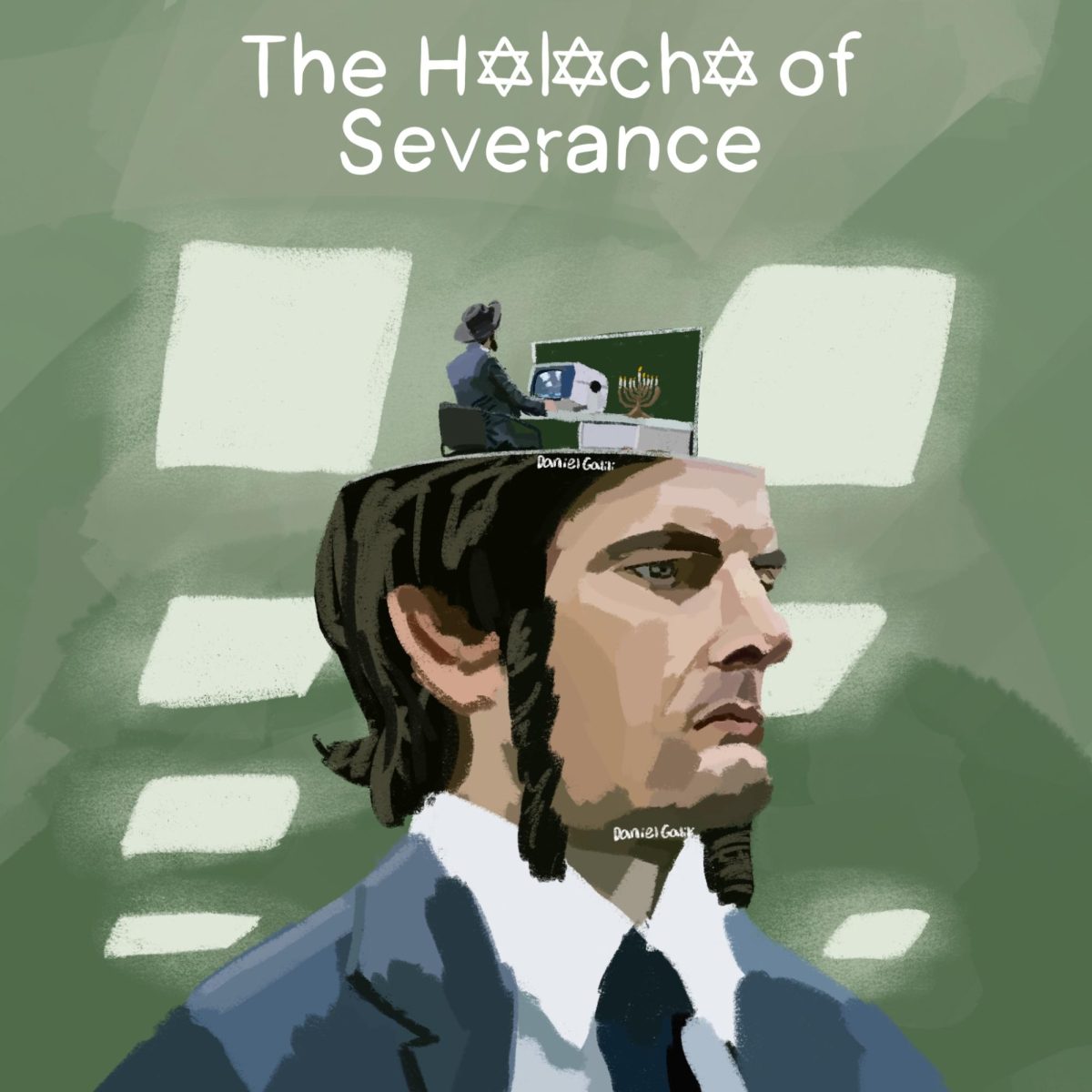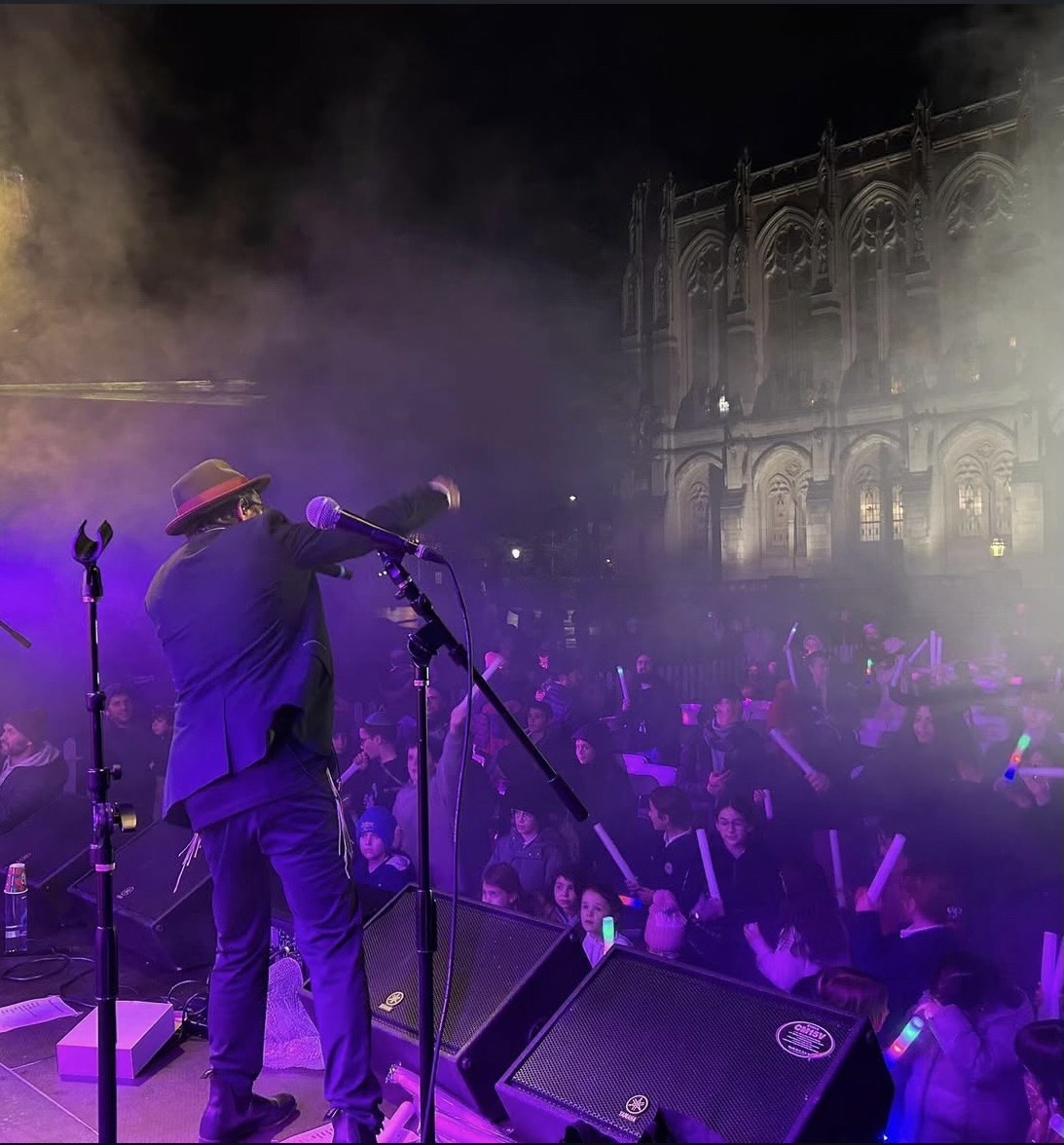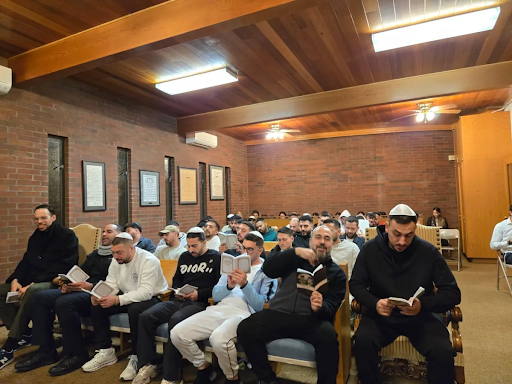Maror, the bitter herbs consumed alongside the korban Pesach (Passover sacrifice) during the times of the Tanach, is an essential component of the Pesach seder. As a child, I always eagerly awaited the section of the Haggadah explaining the significance of maror, due to a unique minhag (tradition) within my family surrounding this bitter herb. In our household, we take a head of romaine lettuce and throw it as far down the hill as possible to cast away the bitterness of the experiences we endured in Egypt. However, it always seemed paradoxical to commemorate our enslavement during a festival that celebrates our freedom. We are actively casting off the bitterness of slavery, so why do we still partake in maror, which evokes bitterness? Why do we need to remember how bad slavery is? Why not just go straight to the matzah and the freedom?
The foremost reason for consuming maror during the Seder is Hashem’s commanding us to do so. It says in Shemot 12:8:
“They shall eat the meat of the Korban Pesach that same night; they shall eat it roasted over the fire, with Matzah, and with maror.”
But why persist in this tradition today when the Korban Pesach is absent? What made the Rabbis deem Maror so crucial that it continues to be an integral part of the seder? Rabban Gamliel asserts, “Whoever does not discuss the following three things on Pesach has not fulfilled his obligation: the Korban Pesach, matzah, and maror,” (Mishna Pesachim Chapter 10).
In Masechet Pesachim, Rabbi Shimon ben Gamliel states, “In every generation, a person is obligated to regard himself as though he has gone out of Egypt.” This injunction underscores the notion that yetziat mitzrayim (exodus from Egypt) transcends historical confines; it is a perpetual saga in which we are active participants. Consuming maror allows us to immerse ourselves in this narrative, infusing the Haggadah with a profound personal resonance akin to partaking in our individual Korban Pesach.
An alternative interpretation suggests that to appreciate our liberty truly, we must confront the bitterness of enslavement. Our freedom remains incomplete without acknowledging and reflecting on the hardships we endured in Egypt. Maror serves as a poignant reminder of our origins as strangers in a foreign land, instilling in us the imperative to empathize with the plight of others. As Jews, it is ingrained in our ethos to aid the oppressed, based on our own tragic experiences. Maror thus embodies our identity and core values, representing the inseparable link between the bitter and the sweet.
We have partaken in maror for over three millennia, a tangible link to our tumultuous journey from bondage to liberation. As we consume the bitterness, we are compelled to be introspective, remembering our past struggles while celebrating our freedom. In the bitterness of maror lies the essence of our collective story—a testament to resilience, endurance, and the constant quest for redemption. It’s a strong reminder to throw away the bitterness in our lives, just like we do at my family seder.













